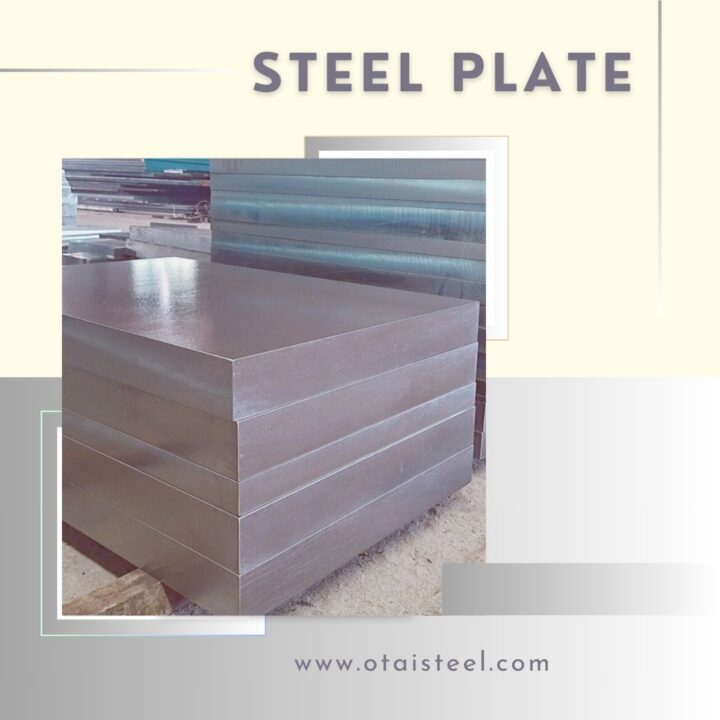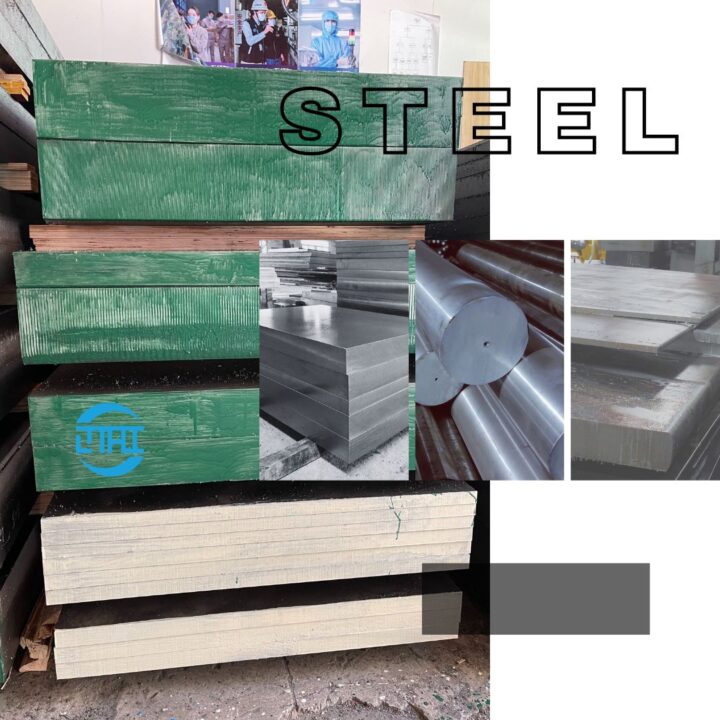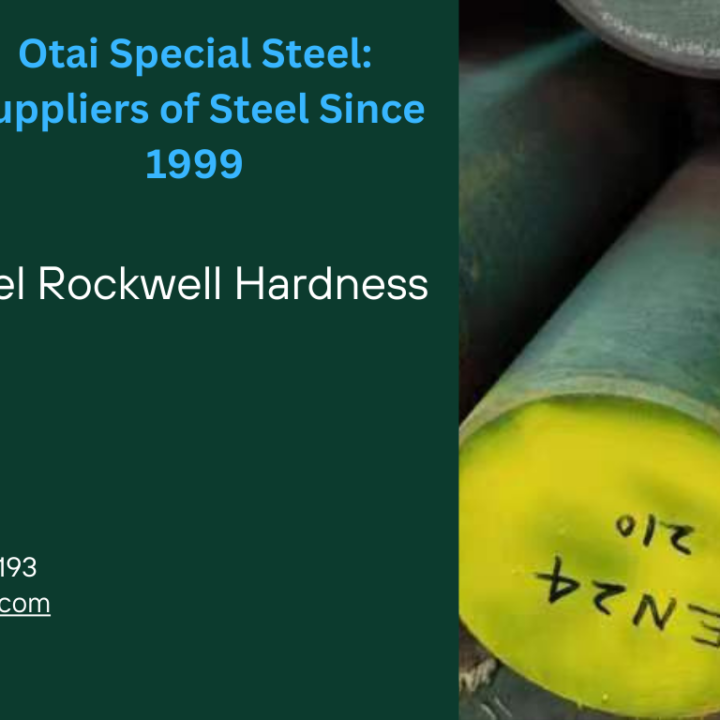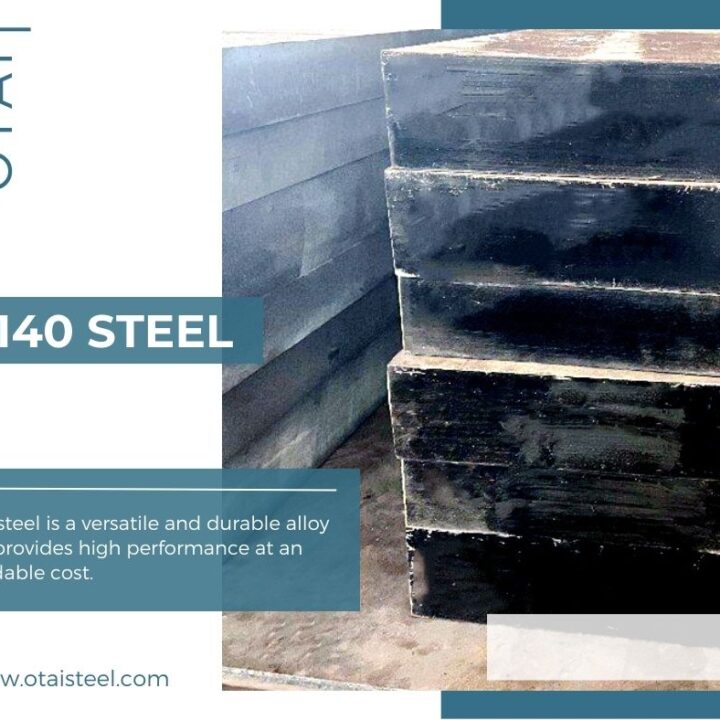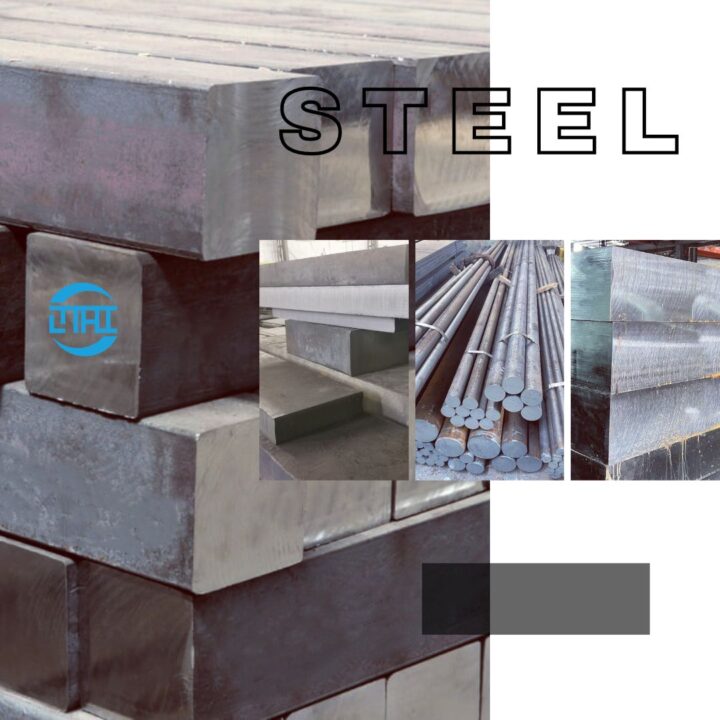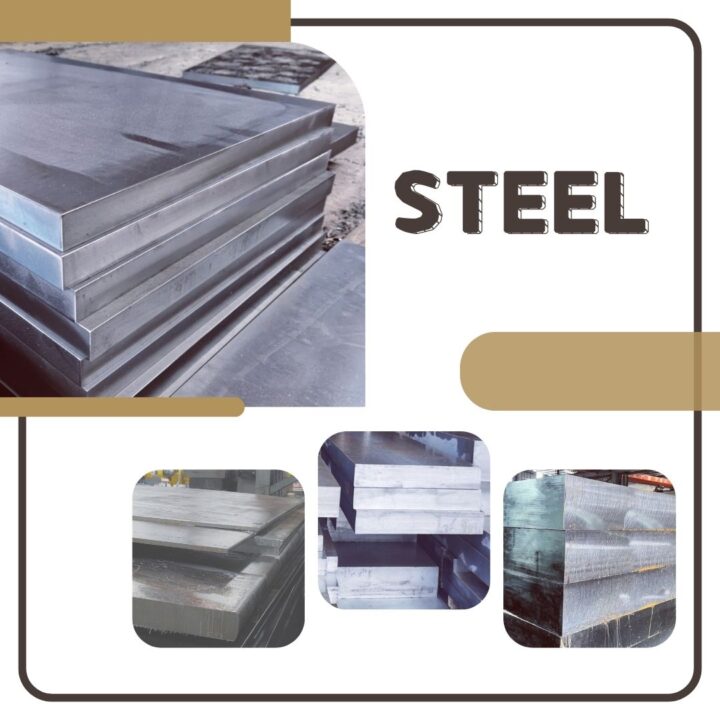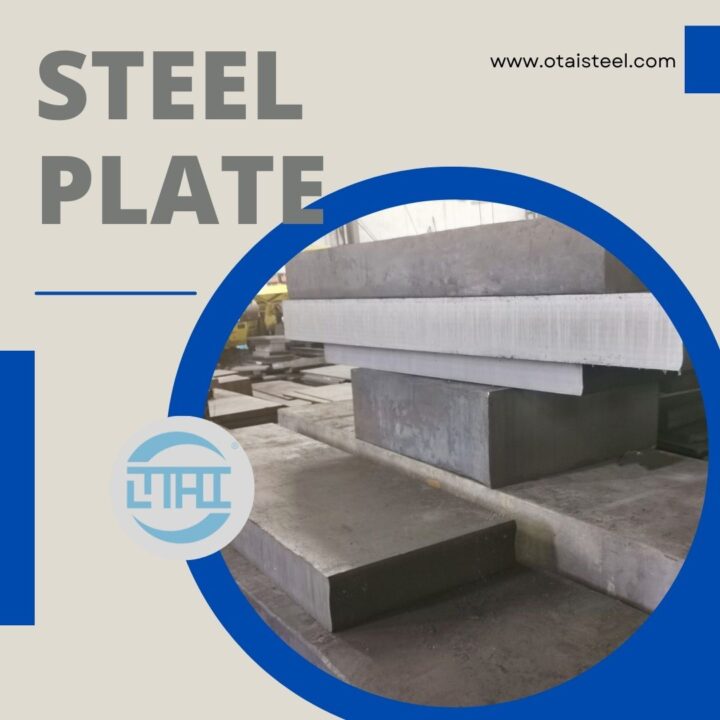Hydraulic cylinders are essential components in machinery used in industries such as construction, mining, agriculture, and manufacturing. These cylinders convert hydraulic energy into linear force and motion, enabling the efficient operation of heavy-duty equipment. To withstand high-pressure conditions, hydraulic cylinders require materials with exceptional strength, durability, and resistance to wear and tear. One such material that meets these requirements is 4140 steel.
Strength and Durability in Hydraulic Cylinders
The strength and durability of hydraulic cylinders are crucial for their reliable performance in demanding applications. 4140 steel possesses the necessary strength to handle high-pressure conditions and heavy loads without deformation or failure. This steel grade’s exceptional toughness ensures that hydraulic cylinders can endure dynamic forces, shocks, and vibrations without compromising their structural integrity.
Moreover, the heat treatability of 4140 steel allows manufacturers to optimize its mechanical properties based on specific application requirements. By carefully controlling the heat treatment process, the steel can be hardened to achieve the desired level of strength, toughness, and wear resistance, enhancing the overall durability of hydraulic cylinders.
Corrosion Resistance
Hydraulic cylinders often operate in harsh environments where exposure to moisture, chemicals, and other corrosive agents is common. Corrosion can lead to premature failure and reduced performance of the cylinders. Fortunately, 4140 steel exhibits good corrosion resistance, particularly when properly coated or treated. Manufacturers often apply protective coatings or use specialized surface treatments to enhance the corrosion resistance of hydraulic cylinders made from 4140 steel, ensuring their long-term reliability even in challenging conditions.
Machinability and Weldability
Another advantage of using 4140 steel in the manufacturing of hydraulic cylinders and components is its excellent machinability. This steel grade can be easily machined into various shapes and sizes, allowing manufacturers to produce complex and precise cylinder parts with relative ease. Its machinability also contributes to efficient production processes and reduced manufacturing costs.
4140 steel also offers good weldability, enabling the fabrication of welded hydraulic cylinders. Proper welding techniques and precautions should be followed to ensure the integrity and strength of the welds. However, it’s important to note that post-weld heat treatment may be necessary to maintain the desired mechanical properties in the heat-affected zones.
Cost-Effectiveness
Cost is a significant factor in any manufacturing process. Fortunately, 4140 steel provides an excellent balance between performance and cost-effectiveness. While it offers exceptional strength, toughness, and other desirable properties, it remains relatively affordable compared to some high-end alloy steels. This makes 4140 steel an attractive choice for manufacturers aiming to optimize performance without compromising their budget.
Case Studies: Successful Applications of 4140 steel
Numerous applications in various industries demonstrate the successful use of 4140 steel in hydraulic cylinders and components. For instance, in the construction industry, hydraulic cylinders made from 4140 steel are widely utilized in heavy machinery such as excavators, loaders, and cranes. These cylinders provide the necessary power and stability required for heavy lifting and earthmoving operations.
In the agricultural sector, hydraulic cylinders using 4140 steel are found in machinery like tractors and harvesters. They enable precise control of implements and attachments, facilitating efficient farming practices.
Manufacturing industries also benefit from the application of 4140 steel in hydraulic cylinders. Machine tools, presses, and material handling equipment rely on the strength, durability, and reliability offered by this steel grade.
